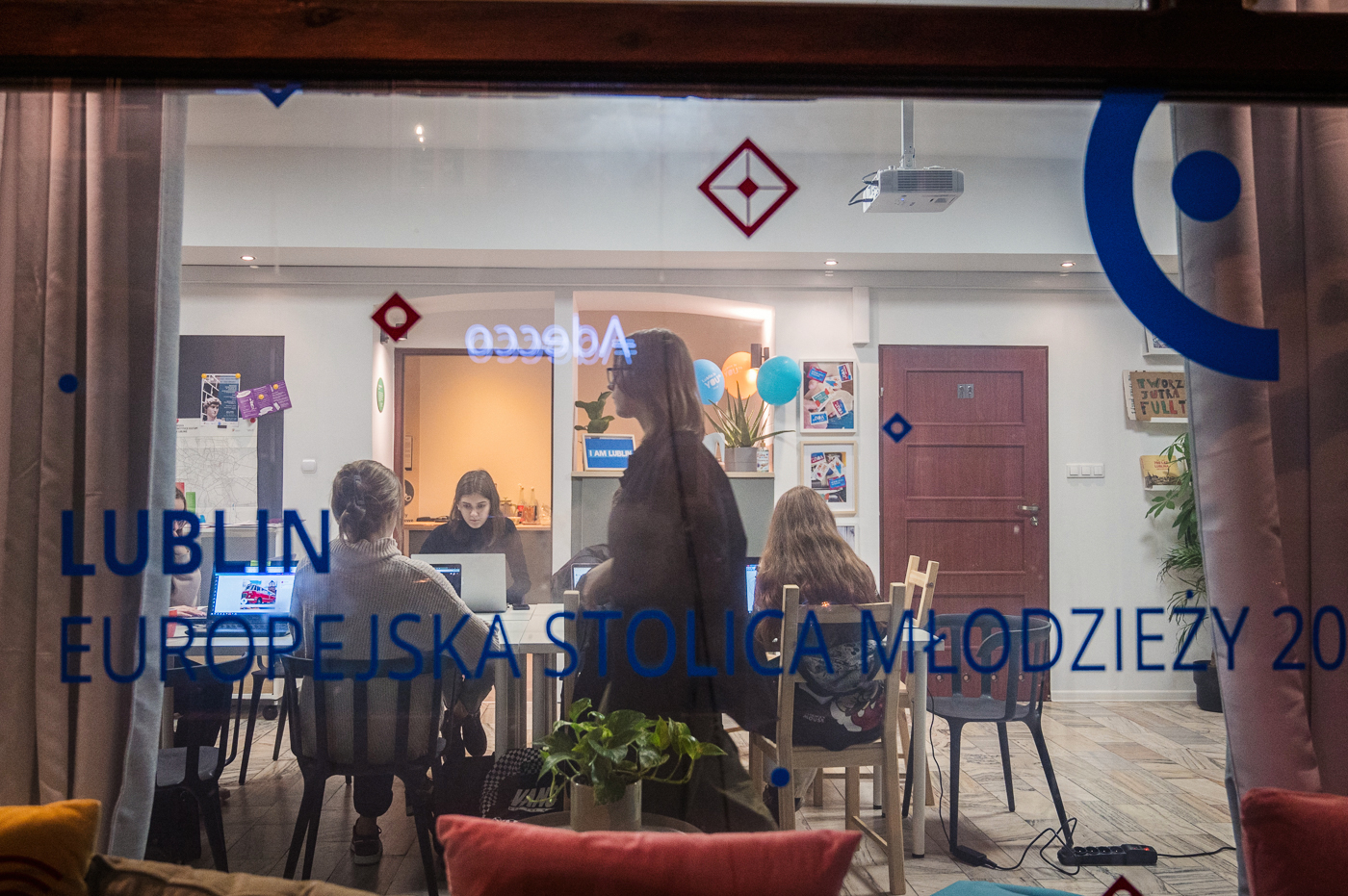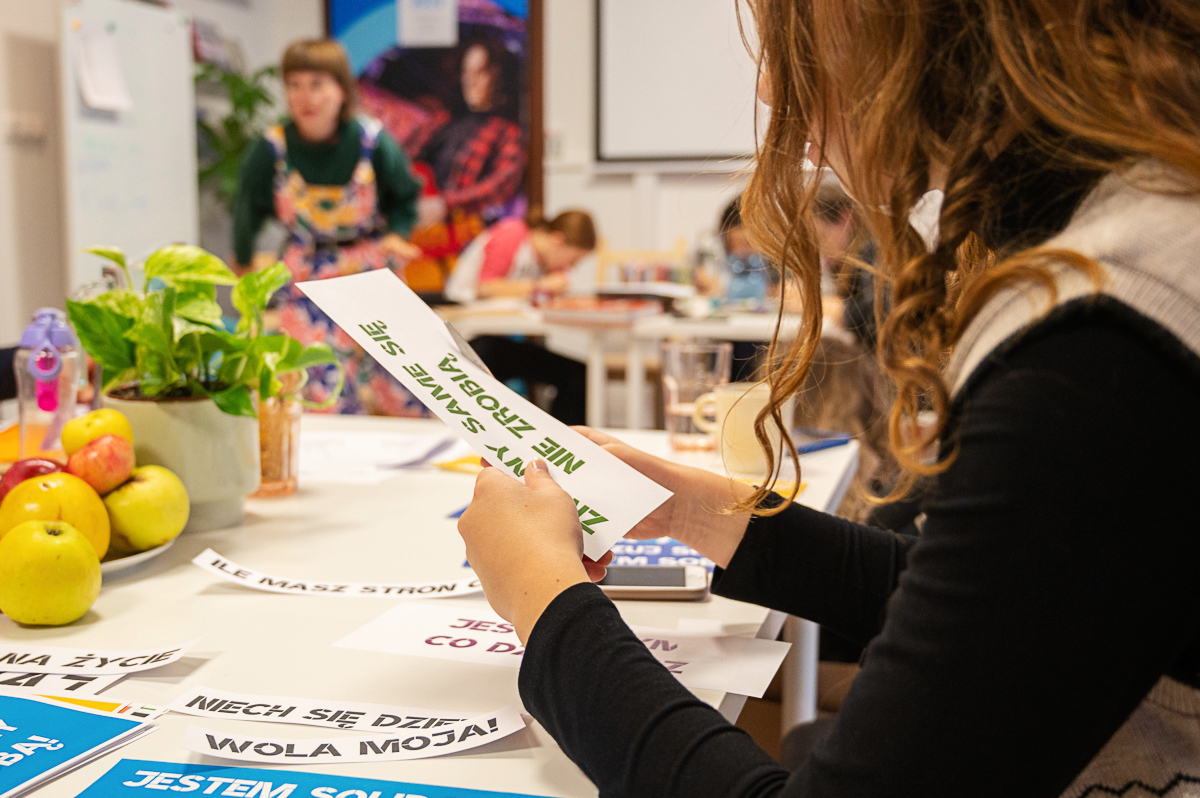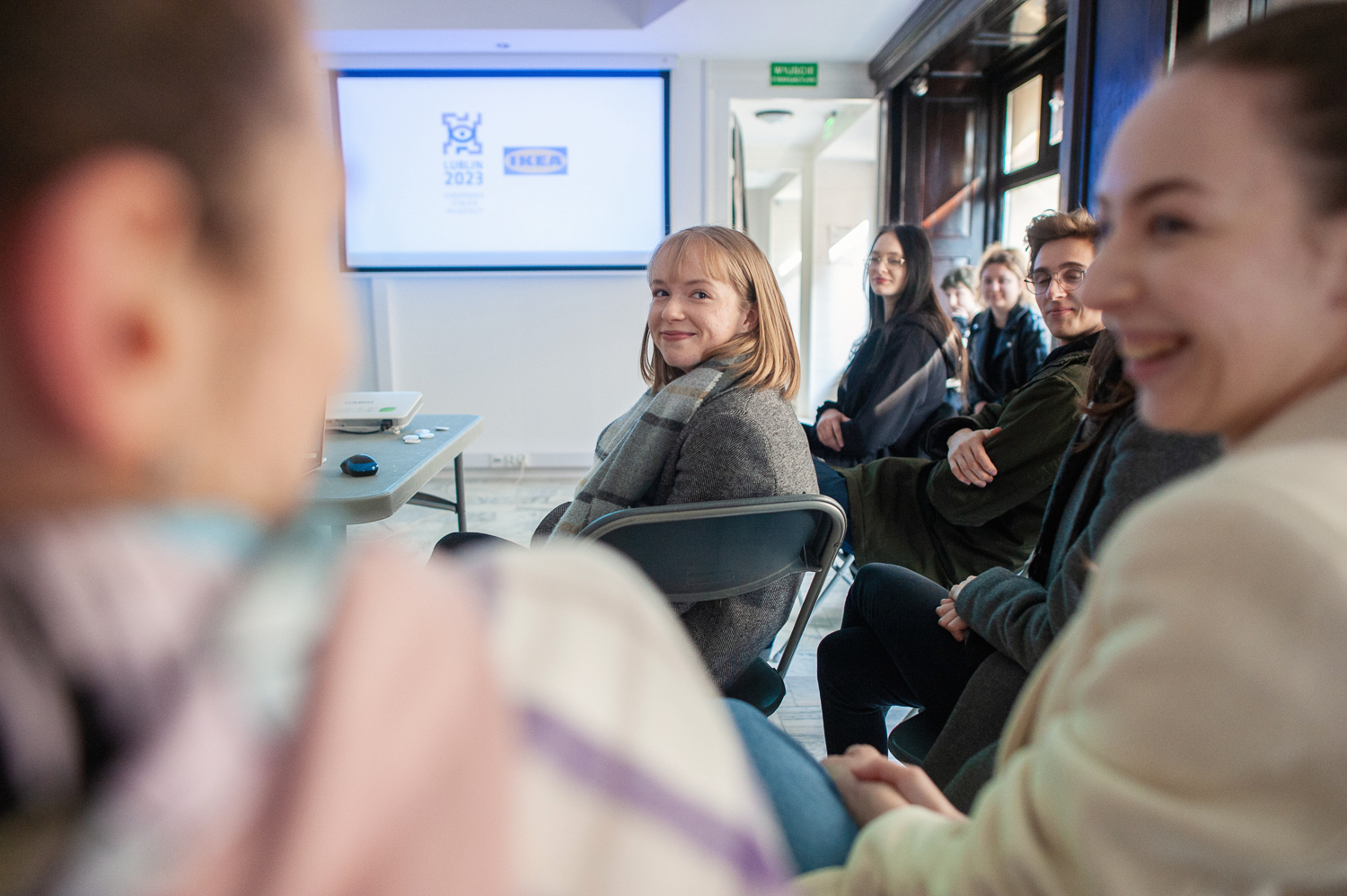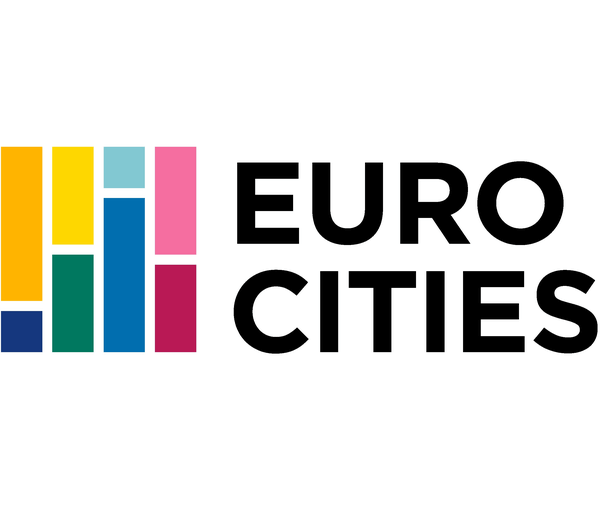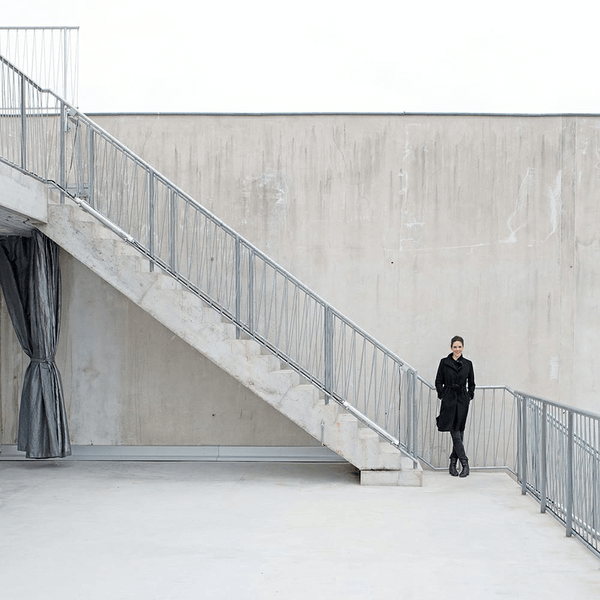Size and population development
According to Statistics Poland data, the population for the city of Lublin recorded in the 2021 census was 334,681. The city covers a surface area of 147.5 km2 with a population density of 2,269 people per km2 . Kraków record a -0.42% decrease in annual population since the previous census in 2011.
Population composition
Statistics Poland data reveals the population is comprised of 53.8% females and 46.2% males. The largest share of population is within 18-64 years category (62.4%). The age category with the second largest population share is the 65+ group (20.7%). The age category with the lowest number of people is 0-17years (16.9%). There is no official religion in Poland, however the Roman Catholic church is recorded at having 87% of the population as followers.
Main functions
Lublin is the ninth-largest city in Poland and the second-largest city of historical Lesser Poland. It is the capital and the centre of Lublin Voivodeship. Lublin is the largest Polish city east of the Vistula River and is approximately 170 km to the southeast of Warsaw.
Its historical Old Town is one of Poland's national moments tracked by POLONIKA - The National Institute of Polish Cultural Heritage.
Lublin has been selected as the 2023 European Youth Capital.
Main industries / business
Lublin is a hub of varied industries. The city is known for its growing IT sector that hosts a dense concentration of tech companies that specialize in services such as software development, data analysis, and digital transformation solutions. Lublin's biotechnology industry has also gained momentum, especially in areas like pharmaceuticals and environmental biotech, largely due to the city's strong academic and research institutions. Moreover, Lublin is a significant contributor to the food processing sector, with several large-scale agribusiness firms producing and distributing a variety of products domestically and internationally. Lastly, the city has an emerging automotive industry, with notable companies involved in vehicle production, parts manufacturing, and automotive technology innovation.
Sources for city budget
The budget for the City of Lublin, like other municipalities in Poland, comes from a variety of sources including real estate tax, agricultural tax, forest tax, vehicle tax, inheritance and donation tax, and others. The city also receives a portion of certain state taxes, such as personal income tax and corporate income tax, which are redistributed to local governments. Another significant source of funding comes from the national government in the form of general and targeted subsidies, which are used to finance specific projects or areas of public services. The city's budget is managed with the aim of supporting public services, infrastructure, and other municipal functions to benefit its residents.
Political structure
Lublin, like other cities in Poland, is governed by a system that includes the City Mayor and the City Council The City Mayor, as the executive authority, is responsible for city management and implementation of resolutions of the City Council.
Administrative structure
The Mayor's functions include overseeing the municipal budget, city property management, and general municipal administration. The Mayor is elected in direct elections for a four-year term.
The City Council is a legislative body composed of councillors, who are also elected by the city’s residents for a five-year term. The Council's tasks include creating local law, determining the budget, and setting the strategic direction for the city. Together, the City Mayor and City Council work towards the development of the city, ensuring that it meets the needs of residents.
Website
https://lublin.eu/en/
